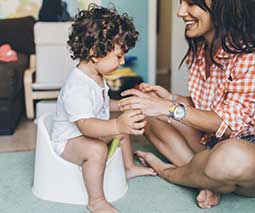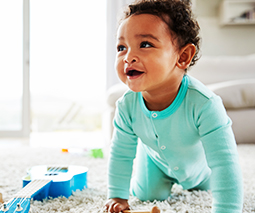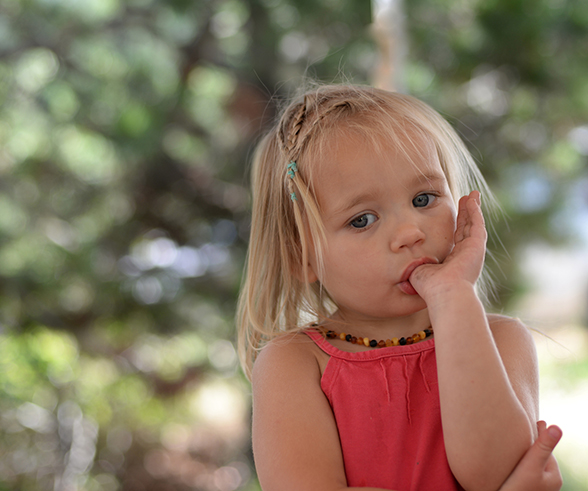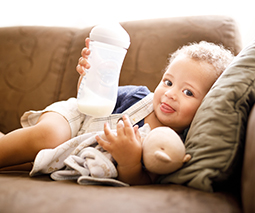If your child has a blankie or lovie this is what it means
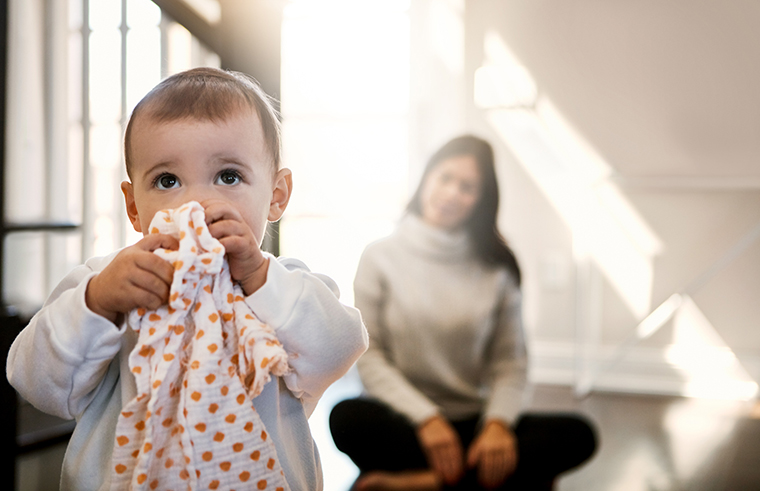
My youngest has a lovie. She’s (yes, we’ve established Lovie is a girl) is an old, blue faded baby blanket. He treats her like she’s a second me. He will cry out for her when he’s upset, and he can’t calm down until he has her to soak up his tears, even if I am cuddling him. He also can’t fall asleep unless he’s snuggling her. Lovie even accompanies him to kindy. He’s obsessed with her!
Up until now I always thought Lovie was just a sweet part of his childhood. But now I have learnt that she’s actually playing a VERY important role in his development and even future life.
If your little one also has a security blanket, or just an inanimate object that he’s attached to like my Sam is with his Lovie, then you should feel very good about that, and this is why.
A lovie goes beyond providing comfort
Also called a ‘transitional object’, a lovie or security blanket gives a child a great deal of comfort. Any parent of a little one who wails for his lovie when he’s upset, or doesn’t want to be separated from it, EVER, will know the reassurance it provides. But a lovie goes beyond just providing comfort.
In 1951, child psychologist Dr. D.W. Winnicott first defined the lovie as “any material to which an infant attributes a special value and by means of which the child is able to make the necessary shift from the earliest oral relationship with mother to genuine object-relationships.”
In his view, a lovie helps our little people to navigate feelings of separation, helping them to cross the bridge from mum to becoming an independent person.
“The baby knows the teddy bear is not Mum, but the baby can get a certain satisfaction. It is neither Mum nor totally just a stuffed animal,” said psychologist Steve Tuber in an article in The New York Times.
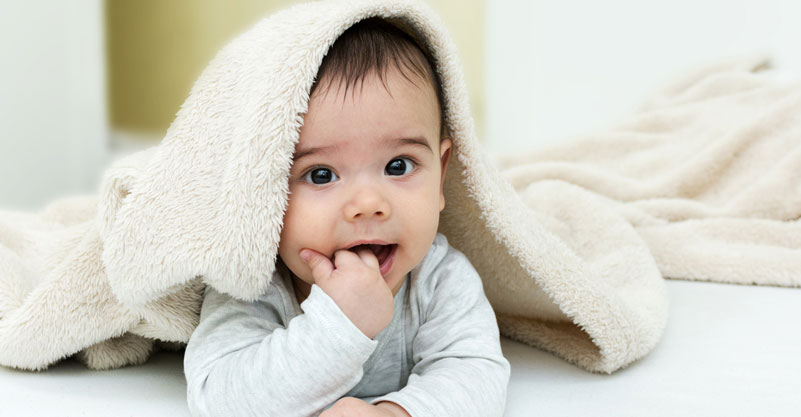
A lovie helps to build a child’s confidence
While it may seem that your lovie-dependent child is shy, needing his blankie to reassure him around people, or to help him feel comfortable in different settings (say at daycare), his comfort item may actually be helping to boost his confidence.
In a 2011 study into children with ‘imaginary companies’, the researchers found that little ones with attachment items were “less shy and more focused than children without them”.
An indicator of positive future relationships
What’s more, your child’s bond with his lovie, or ‘transitional object’ is also a good indicator of how he will go at interacting and creating future friendships.
In an article for Psychology Today titled ‘More Than Jut Teddy Bears’, psychologist Colleen Goddard writes, “Human development is not possible without self-referential contexts and meanings.”
“Meanings are founded on the distinctions each person makes of the stimuli he or she engages with — mainly the object(s) they receive, choose, or discover which have an internal life of their own.”
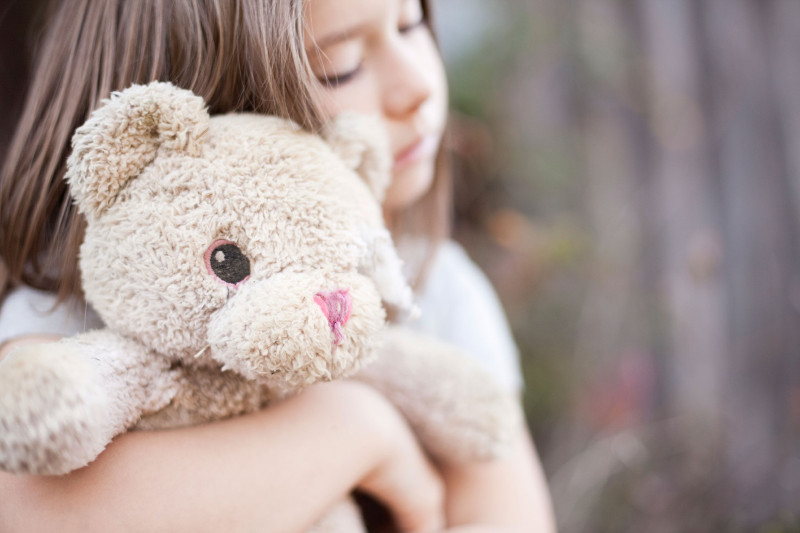
So don’t diss lovie!
While it can be annoying to have to cart an old blanket around with you to the local cafe, Goddard advises parents don’t insist it’s left in the car.
“If the self-appointed object is refuted, critiqued or denied in any way, attachment difficulties may arise later in life.”
“The object allows for and invites emotional well-being, and without such an object, true feelings may be concealed, suppressed, or dismissed as the infant/child has no other means by which to cope with, comprehend, and contend with the world.”
In short, your child’s blankie, favourite stuffed toy or even the kitchen tongs is helping him to navigate life now, and also to become a functioning future adult. And we all want that for our kids!
